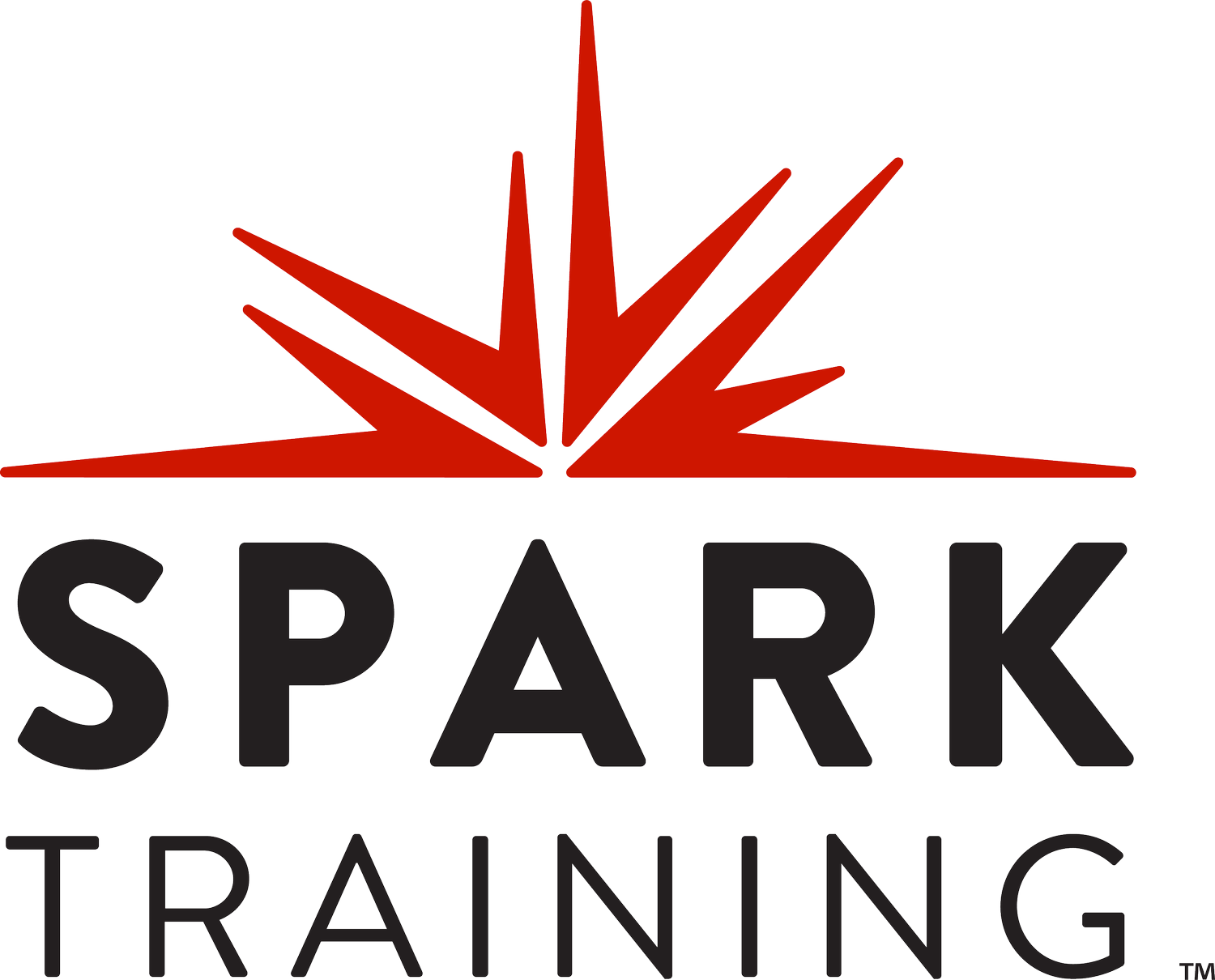LPNs Cannot Work Alone…
…according to most state licensing boards. For example, in 2018, Iowa’s Administrative Code 655.6.3(11)d(1) was updated to state that an LPN’s role in correctional facilities is only to provide supportive and restorative care under the supervision of an RN – and that the initial assessment shall be performed by a registered nurse. Know your state’s scope of practice for LPNs. Here’s a cheat sheet. If your state does not allow LPNs to work alone, you have options.
· The LPN can enroll in an LPN to RN bridge program (accelerated programs exist)
· Add an RN to your staffing plan to work onsite with the LPN
· Replace the LPN with an RN
There are many correctional LPNs whose knowledge and experience far exceed their licensure; they should begin the process of bridging to an RN degree. LPNs who work outside the scope of their license are at risk of disciplinary action from their state licensing board, including losing their LPN license.
RNs cost more money, so counties will need to request increased budget funding. Data shows that facilities staffed with more RNs than LPNs experience 84% fewer claims and 95% less in legal costs. As these changes are implemented, counties should negotiate lower insurance rates with their insurance and risk management groups to help balance the additional cost of having RNs onboard.
Licensed Practical Nurse “LPN”
1 year of education, culminating in certificate or associate degree
Provide more basic nursing care; responsible for comfort of patient
Expected to report even minor changes in patient care to RN or doctor
Registered Nurse “RN”
2 or 3 years of education, usually culminating in a bachelor’s degree
Expanded set of duties, primarily administering medication and treatments
Generally expected to do more critical thinking on the job
In 2013, Burning Glass, a company that examines workforce trends, looked into the dwindling LPN positions at hospitals. Using data from the twenty largest acute care health organizations, they found organizations were hiring six RN jobs for every one LPN job. After five years, that ratio dropped to one LPN opening for every ten RN openings. “For example, vital signs measurement, once a common task for LPNs in hospitals, is increasingly being performed by RNs instead.”
In the 2015 lawsuit Shadrick v. Hopkins County, Ky., 805 F.3d 724, the court stated: “It is predictable that placing an LPN nurse lacking the specific tools to handle the situations she will inevitably confront in the jail setting will lead to violation of the constitutional rights of inmates.” In a 2023 lawsuit, a reality TV star sued a Michigan county alleging LPNs are unqualified to work in jail. The complaint was critical of the facility for having an LPN and argued that the inadequacy was obvious.
In November 2023, the New England Journal of Medicine published an article titled Minimum-Staffing Rules for U.S Nursing Homes. The article calls for nursing home staffing levels to be increased to 0.55 RN hours per resident per day and 2.45 C.N.A. hours per resident per day, as well as an RN onsite at all times. The article further points out “The proposed staffing regulations make no mention of LPNs…the more likely result will be the substitution of C.N.A.s in place of LPNs.” As we look ahead, we should expect similar guidelines to be applied to corrections.
Keep in mind that behavioral health is no different. In the past, it was acceptable for correctional facilities to be staffed with unlicensed and/or under-licensed health care workers, including those with disciplinary or probationary licenses. Some facilities even used volunteers because they did not have funding for a behavioral health program. Many do not have insurance coverage. Today, we continue to see this occur in the behavioral health sector with patients being inappropriately removed from suicide watch by unqualified workers. This is especially concerning because suicide is the #1 cause of death in jail. Qualified mental health professionals (“QMHPs”) should be Master’s level or above, and state licensed. Check the credentials of your behavioral health providers, including community mental health, and make sure they have insurance coverage, including a civil rights endorsement.
For more information, please contact training@sparktraining.us.
Disclaimer
All materials have been prepared for general information purposes only. The information presented should be treated as guidelines, not rules. The information presented is not intended to establish a standard of medical care and is not a substitute for common sense. The information presented is not legal advice, is not to be acted on as such, may not be current, and is subject to change without notice. Each situation should be addressed on a case-by-case basis. WHEN IN DOUBT, SEND THEM OUT. ®





















